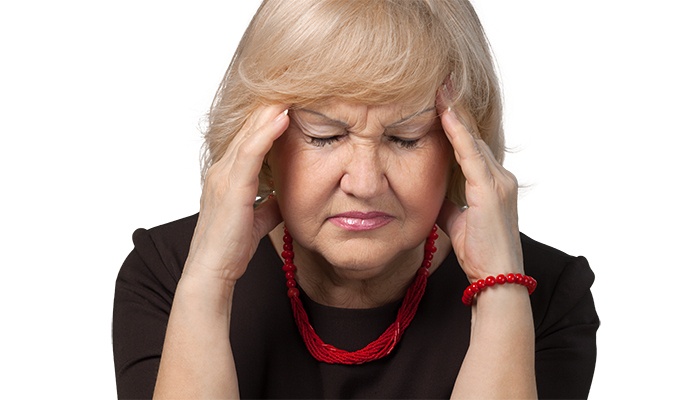Depression is a common but serious mental health condition that affects how a person feels, thinks, and functions. It can interfere with daily activities, relationships, and overall quality of life. Fortunately, depression is treatable, and many individuals recover or experience significant improvement with the right approach. Treatment for depression varies based on the severity of the condition, individual preferences, and any underlying medical issues, but it generally involves a combination of therapy, medication, lifestyle changes, and support systems.
Psychotherapy
One of the most effective ways to treat depression is through psychotherapy, also known as talk therapy. Cognitive Behavioral Therapy (CBT) is among the most researched and widely used methods. CBT helps individuals recognize and change negative thought patterns and behaviors that contribute to their depression. Another approach, Interpersonal Therapy (IPT), focuses on improving personal relationships and resolving conflicts that may trigger or worsen depressive symptoms.
Therapy can be conducted one-on-one, in a group, or with family members. The frequency and duration depend on the individual’s needs. Psychotherapy provides a safe space to explore feelings, identify triggers, and develop coping skills, which can significantly reduce symptoms over time.
Medication
Antidepressant medications are commonly prescribed to help manage the chemical imbalances in the brain associated with depression. These medications include selective serotonin reuptake inhibitors (SSRIs) such as fluoxetine (Prozac) and sertraline (Zoloft), serotonin-norepinephrine reuptake inhibitors (SNRIs) like venlafaxine (Effexor), and other types like tricyclic antidepressants or monoamine oxidase inhibitors (MAOIs).
It may take several weeks for antidepressants to become fully effective, and finding the right medication or dosage can require some trial and error under a doctor’s supervision. While these medications are not a cure, they can relieve symptoms enough for individuals to engage more effectively in therapy and other treatment strategies.
Lifestyle Changes
Lifestyle modifications are a vital part of managing and treating depression. Regular physical activity, such as walking, running, or yoga, has been shown to boost mood by releasing endorphins and improving brain function. A nutritious diet can also impact mental health by supporting overall brain health.
Sleep is another important factor. Poor sleep can exacerbate depression, while good sleep hygiene—such as maintaining a consistent sleep schedule and creating a restful environment—can help improve mood and energy levels.
Limiting alcohol and avoiding recreational drugs is crucial, as these substances can interfere with medications and worsen symptoms. Building a routine and setting small, manageable goals can also create a sense of accomplishment and structure during difficult times.
Support Systems
Social support plays a critical role in recovery from depression. Reaching out to friends and family, joining support groups, or participating in community activities can help reduce feelings of isolation. Talking openly with trusted individuals and sharing experiences can be incredibly therapeutic.
In some cases, individuals may benefit from working with peer support specialists—people who have experienced depression themselves and can offer empathy, guidance, and encouragement.
Alternative and Emerging Treatments
For people who do not respond to traditional treatments, alternative or advanced options may be considered. Electroconvulsive Therapy (ECT) is a safe and effective procedure used primarily for severe depression that has not responded to other treatments. It involves controlled electrical stimulation of the brain under anesthesia and is typically administered in a hospital setting.
Transcranial Magnetic Stimulation (TMS) and Vagus Nerve Stimulation (VNS) are other innovative techniques that target specific brain areas to relieve depressive symptoms.
Some people explore complementary approaches such as acupuncture, meditation, or herbal supplements like St. John’s Wort. While some individuals report relief with these methods, it’s important to consult with a healthcare provider to avoid interactions with other treatments.
Personalized Care
Depression affects everyone differently, so treatment must be tailored to the individual. A comprehensive treatment plan might involve multiple components, such as combining medication with therapy, improving lifestyle habits, and engaging in support networks.
Regular monitoring by a mental health professional ensures that the treatment remains effective and adjustments can be made as needed. Early intervention and consistency are key to successful outcomes.
Conclusion
Depression is a challenging condition, but it is manageable with the right treatment. Psychotherapy, medication, lifestyle adjustments, and support systems all contribute to healing. In more complex cases, alternative treatments offer hope. With patience and professional guidance, individuals suffering from depression can find relief and rebuild a meaningful, fulfilling life.







